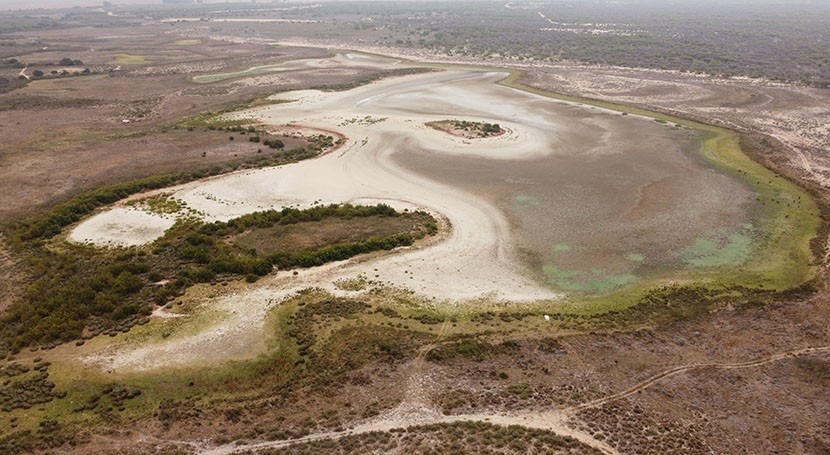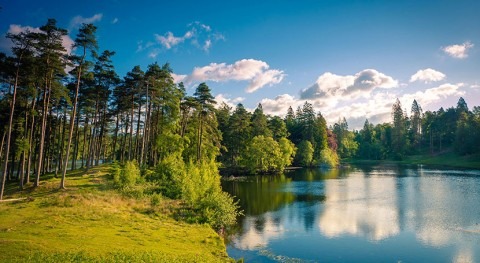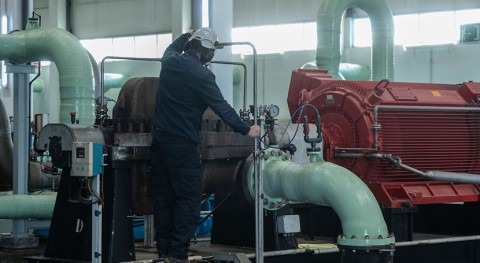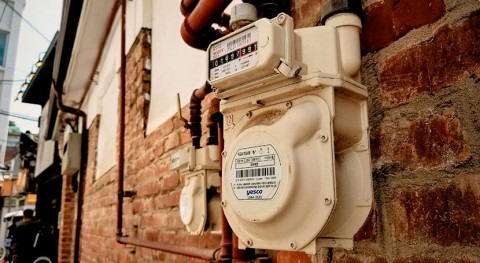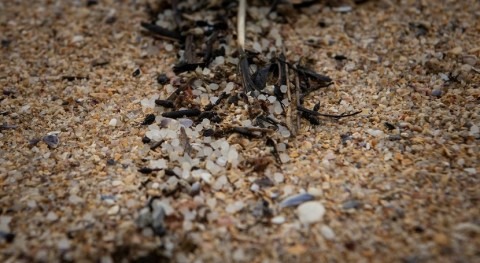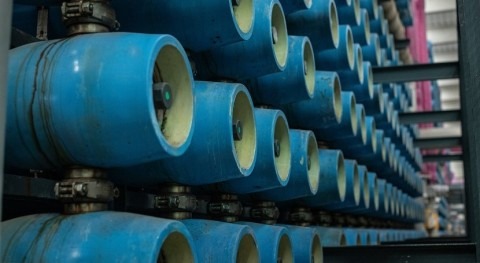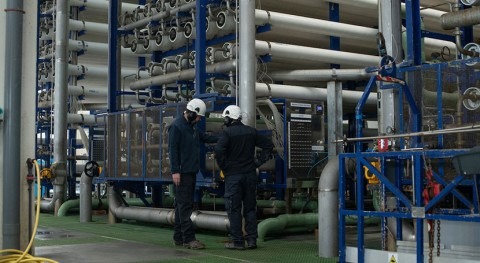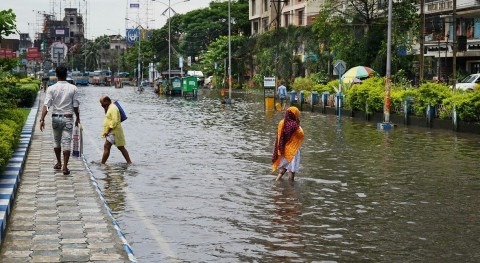The Spanish National Research Council (CSIC) reported on Thursday that, for the second consecutive summer, the largest permanent lagoon in Doñana National Park in southern Spain has entirely evaporated. This dire occurrence has been attributed to an extended period of drought coupled with the excessive exploitation of aquifers.
Since the research centre began taking data on the natural space half a century ago, this has never before been repeated two years in a row, which testifies to the serious situation in which the Doñana lagoon system finds itself and, with it, all the biodiversity that depends on it.
The Doñana National Park was declared a World Heritage Site in 1994 for its variety of ecosystems and the great diversity of species that inhabit them, making it a unique enclave in Europe.
One of these ecosystems is represented by the lagoon system, which is home to a great biodiversity and is a refuge for several endangered and endemic species. However, in recent years, the lagoons of Doñana have been undergoing serious deterioration, their flooding period is becoming shorter and shorter and many of them no longer flood, which is seriously affecting the biodiversity they support. The drying up of Santa Olalla in summer is one of the most striking examples of the deterioration of the lagoon system.
As Spain contends with its third summer heatwave, the desiccation of the lagoon coincides. Compounding this issue, depleting reservoirs have compelled water rationing measures in various regions of the country.
According to the researchers, Doñana has seen in the past two years the lowest precipitation levels in a decade and the highest average annual temperature ever recorded, at 18.53 Celsius (65.35 Fahrenheit).
Researchers added that human activity is clearly disturbing the natural balance of the lagoons and aggravating the problem with the excessive exploitation of aquifers.


